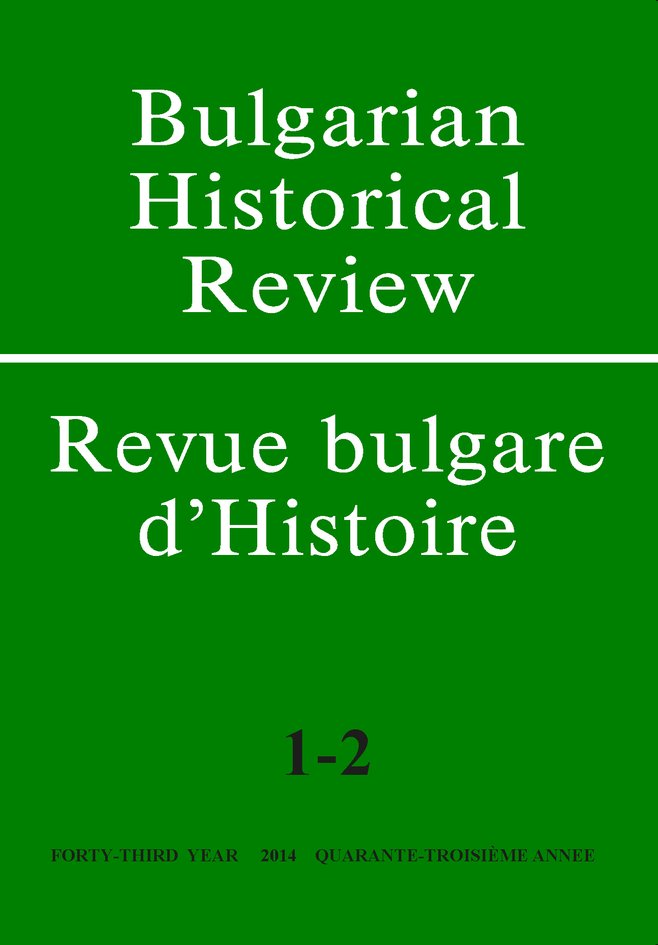Bulgarian Historical Review
Edition of the Institute for Historical Studies at the BAS
Jüdischer monarchischer Patriotismus im Alten Reich des 18. Jahrhunderts
Bulgarian Historical Review, 52 (2024), No. 1-2, pp. 32-47
DOI:
Ivan Parvev
Faculty of History, St. Kliment Ohridski Sofia University
Abstract: One of the aspects of the history of the Jews in the Holy Roman Empire of the 18th century that has only been rudimentarily researched is the so-called Jewish monarchical patriotism, which I want to be understood as a new-coined scholarly term.
In my view the Jewish monarchical patriotism consists of three components. The historically oldest, which can be traced back at least to the 17th century, was the public declaration of loyalty to the monarch. The second component, the joy over victories in war or peace, can be traced back to the 1740s, when rabbis in Berlin, Prague and Vienna began to congratulate rulers on winning battles in their sermons. The third element, the military component, emerged in the late 1780s, when Emperor Joseph II ordered the recruitment of Jewish men in his army.
However, not all segments of the Jewish community stood behind such a patriotic stand. On the other hand, many non-Jews perceived the demonstrated monarchical patriotism as “quasi-patriotism” that could only feed anti-Semitic prejudices.
Keywords: Jews, Holy Roman Empire, Haskala, Joseph II, patriotism.
The fulltext of this article can be purchased on CEEOL: https://www.ceeol.com/search/journal-detail?id=125

